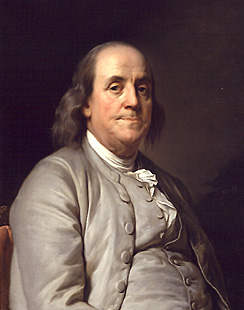In 1958, B.F. Skinner and Erich Fromm attended the same California symposium. Skinner found that Fromm “proved to have something to say about almost everything, but with little enlightenment,” and “when he began to argue that people were not pigeons, I decided that something had to be done”:
On a scrap of paper I wrote ‘Watch Fromm’s left hand. I am going to shape a chopping motion’ and passed it down the table to [Halleck Hoffman]. Fromm was sitting directly across from the table and speaking mainly to me. I turned my chair slightly so that I could see him out of the corner of my eye. He gesticulated a great deal as he talked, and whenever his left hand came up, I looked straight at him. If he brought the hand down, I nodded and smiled. Within five minutes he was chopping the air so vigorously that his wristwatch kept slipping out over his hand.
“William Lederer had seen my note, and he whispered to Halleck. The note came back with an addendum: ‘Let’s see you extinguish it.’ I stopped looking directly across the table, but the chopping went on for a long time. It was an unfair trick, but Fromm had angered me — first with his unsupported generalizations about human behavior and then with the implication that nothing better could be done if ‘people were regarded as pigeons.'”
(From Skinner’s 1983 memoir A Matter of Consequences.)



